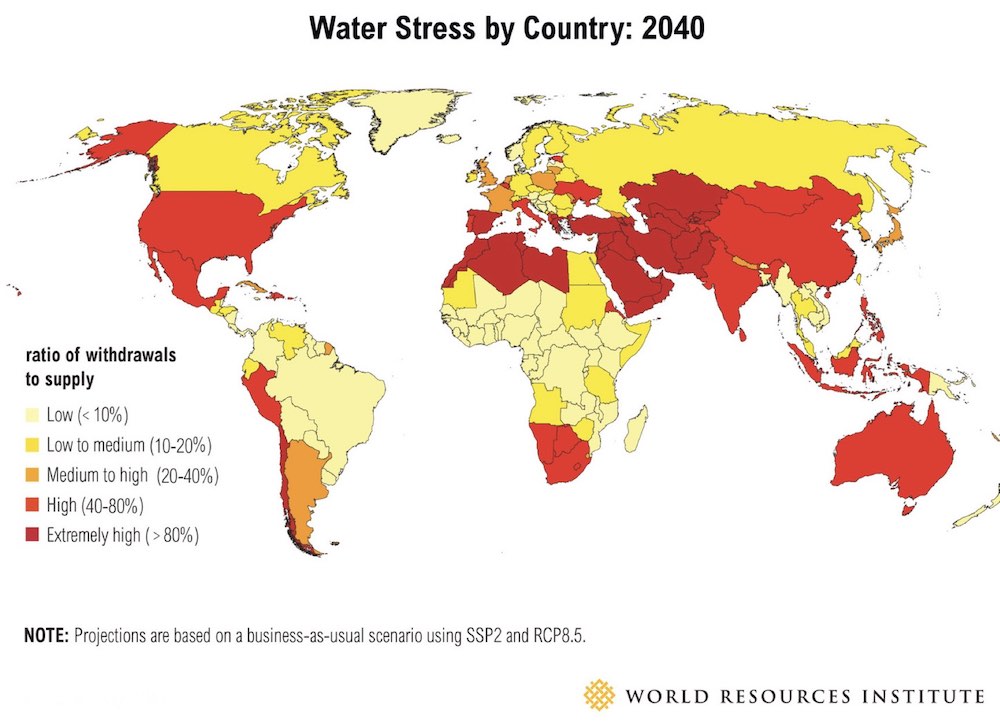MOL taps water as new business stream

Shipping’s thirst for alphabet soup shows no sign of relenting with another ship acronym unveiled today.
Mitsui OSK Lines (MOL), Japan’s largest shipping company in dwt terms, is keen to develop floating desalination vessels (FDVs) to help solve the world’s water scarcity challenge.
To this end, MOL has signed a memorandum of understanding with Norway’s EnviroNor to commercialise this new ship type.
Founded in 2011, EnviroNor has come up with vessel designs for seawater desalination at sea, which can either be retrofitted from existing ships or done as newbuilds.
“By combining MOL’s extensive experience in building, owning and operating ships over many years with EnviroNor’s expertise within shipping and desalination, we aim to build FDVs and capture business opportunities as a means of providing new fast-track solutions all over the world where water shortages are a current and rapid growing challenge,” MOL said in a release today.
EnviroNor is not the only Norwegian outfit coming up with shipping solutions to solve the world’s pressing clean water issues. Marine Water Production is also marketing its barge concept (pictured below).
Water scarcity is a growing issue around the world as well as a potential opportunity for forward-thinking shipowners.

4bn people — almost two thirds of the world’s population — experience severe water scarcity for at least one month each year, according to the United Nations. Over 2bn people live in countries where water supply is inadequate. Half of the world’s population could be living in areas facing water scarcity by as early as 2025, the UN has warned.
Shipping has on occasion used tankers to haul water such as during a drought in Hong Kong in 1963, while there are some inventors with patents pending on how to move water in crude tankers safely. In Greece, some parched islands such as Amorgos are shipped water on dedicated small tankers.
For MOL, whose history spanning more than 140 years has been characterised by conservatism, recent years have seen it move into plenty of new cargo areas – investing in liquefied CO2 carriers, and coming up with plans to ship ammonia and hydrogen too.

